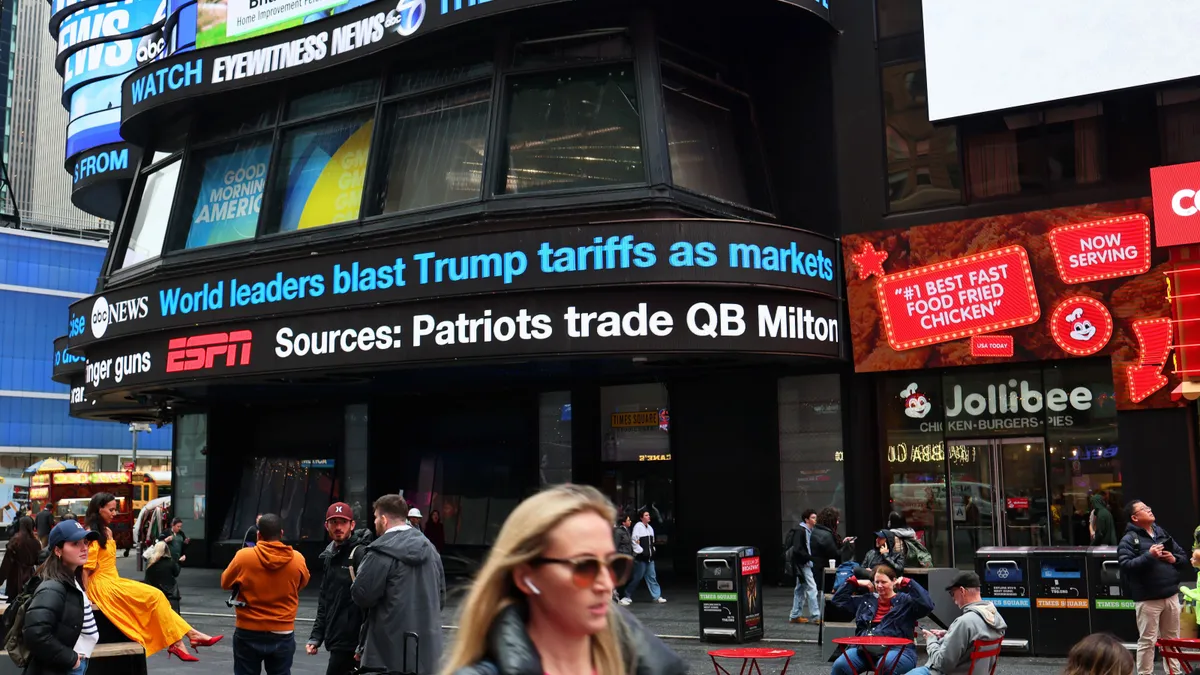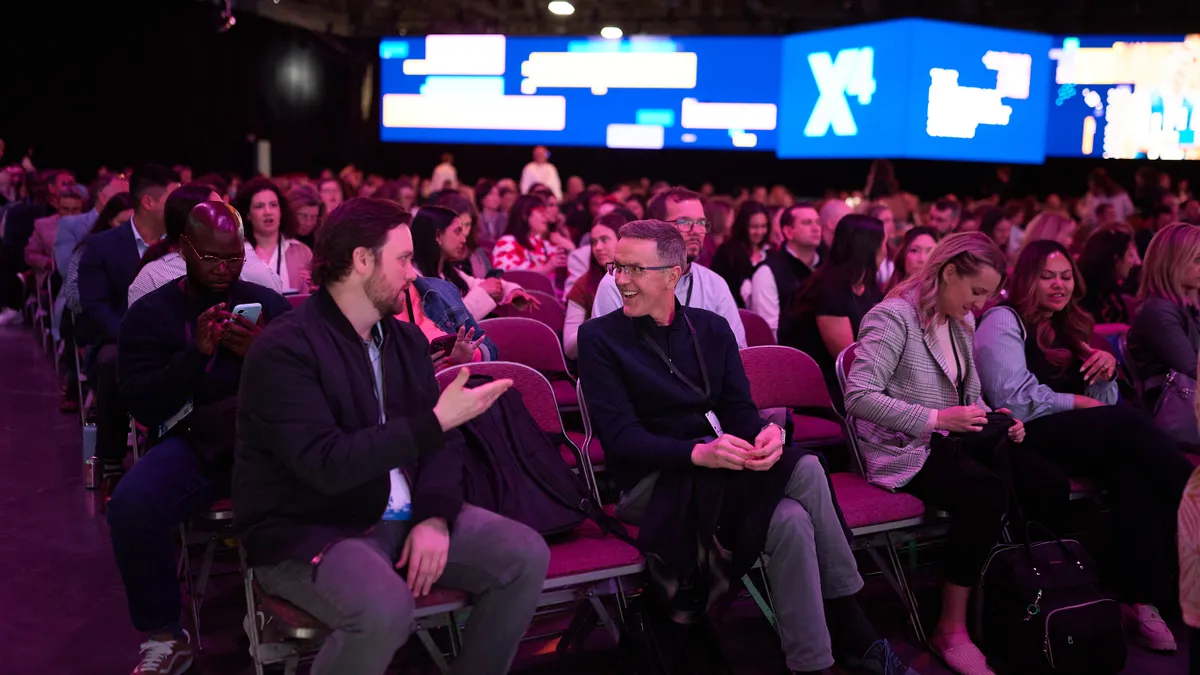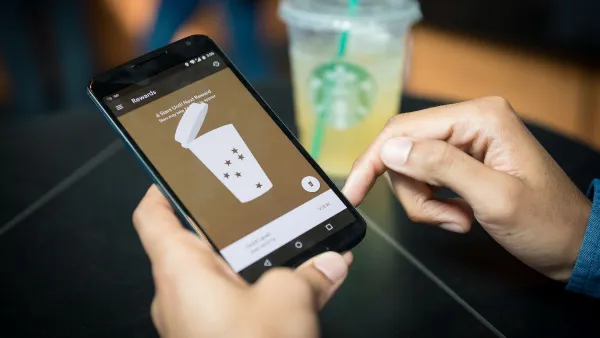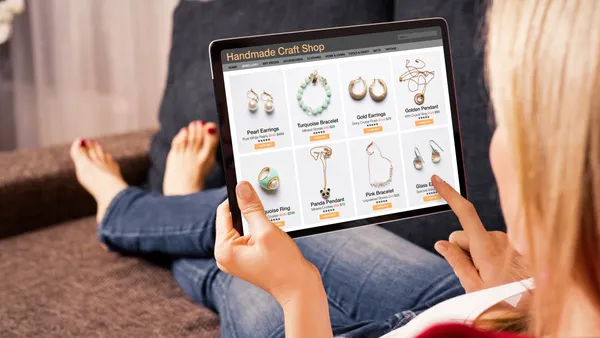Dive Brief:
- Personalization often pays, a Gartner survey released Tuesday shows. Following personalized interactions, consumers are more likely to pay a premium for a product or purchase more.
- Consumers are 3.7 times more likely to purchase more than they originally intended and 1.8 times more likely to pay a premium following personalized digital interactions with a company.
- But there are also unintended consequences. Personalization generates negative experiences for more than half — 53% — of customers, according to the survey of nearly 1,500 consumers and B2B buyers across North America, the U.K., Australia and New Zealand.
Dive Insight:
For all the benefits of personalization, CX leaders don’t spend that much time considering the pitfalls.
"While personalization has proven to be commercially valuable for some customers, it's crucial to recognize that it doesn't resonate with most," Audrey Brosnan, senior director analyst in Gartner’s marketing practice, said in a prepared statement.
Consumers who reported personalized interactions with a brand were 2.8 times more likely to feel time pressure to move forward with a purchase than those who did not have personalized interactions.
They were twice as likely to feel overwhelmed by the volume of information they received, 1.7 times more likely to delay or put off important decisions, and 3.2 times more likely to regret purchasing a product or service.
"More than half of customers feel overwhelmed or rushed by traditional personalization tactics at least once in a purchase journey, when cognitive, emotional and social challenges are difficult to resolve,” Brosnan said. “Personalized offers at these moments can harm customers.”
But this doesn’t mean CX leaders and marketers need to avoid personalized interactions. Instead of relying on passive personalization by which marketers gather first and third-party data and infer customer context, Gartner recommends active personalization by directly asking customers to self-identify and clarify their context.
Consumers find active personalization less creepy and are 2.3 times more likely to confidently complete critical purchase decisions, according to Gartner.













